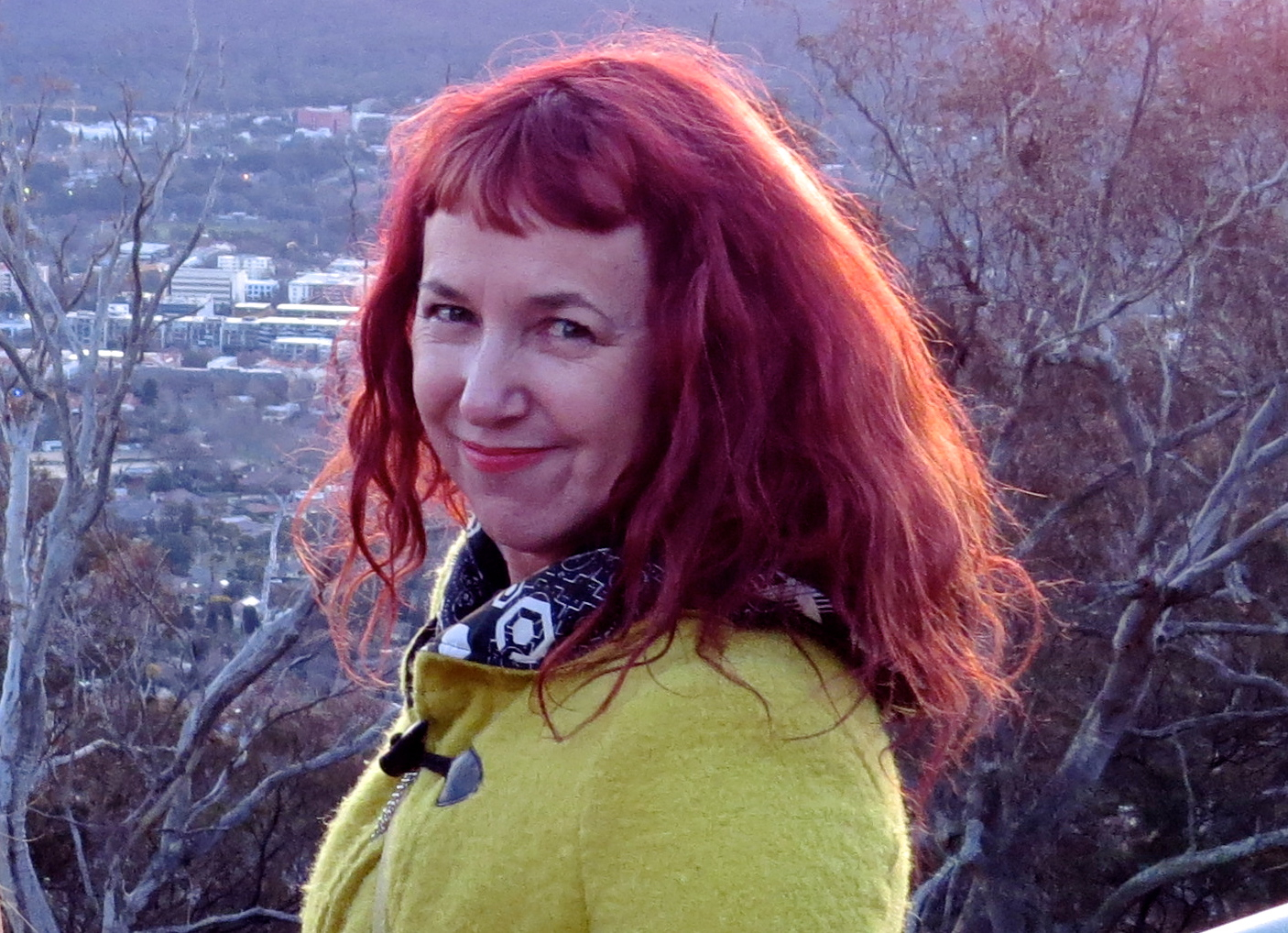By Stephen Atkinson
About a quarter of the way through his workshop on creative non-fiction, renowned writer and teacher of writing Robin Hemley revealed the six questions he gets all of his students to ask of their work:
1) What is it about?
2) What is it really about?
3) What is it about?
4) What is it really about?
5) What is it about?
6) What is it really about?
We all laughed at first but the subtle efficacy of this cascading repeat-pattern of interrogation quickly became apparent as one-by-one we presented our respective projects and as a group prised back the potential layers of narrative and significance. Some of us, myself included, had enrolled in the workshop with only the vaguest notion of how to answer the first question let alone the last, but by the end of the day we had all gained some insight into even the most elusive and difficult aspects of the work we had embarked on.
The nine projects discussed over the course of the day varied in terms of development. They were also scattered far and wide across the broad and ill-defined territory of ‘creative non-fiction’ from poetry to rants, and from travel to history and memoir with some scenic detours along the way. Yet there were resonances too and difficulties we all shared. As well as formal issues of form and structure there was the ethical question of how to narrate other people’s lives and how to position ourselves as writers in them.
Clearly, Hemley is no stranger to getting writers to think as creatively and critically as possible about their work. For eight years he was director of nonfiction writing at the prestigious University of Iowa creative writing program, and he is soon to take up a position at the helm of the new writing program at Yale-NUS in Singapore. And, as writer of fiction and non-fiction, he is particularly fascinated by the points at which the two merge or collide.
Following the workshop he read from two of his works both of which highlighted the entanglement of fact and fiction. From the descriptively titled, DO OVER! In which a forty-eight-year-old father of three returns to kindergarten, summer camp, the prom, and other embarrassments (2009); and ‘Larceny’ the prologue from Nola: a memoir of faith, art and madness (2013) a book about his older sister who died when the author was 15, and an achingly honest appraisal of the transformative power of writing that not only tells the facts but steals and elevates them.
Stephen Atkinson is a writer, convicted jaywalker and teacher with a debilitating penchant for the uncanny and will be hosting a SAWC City Walk in August.







